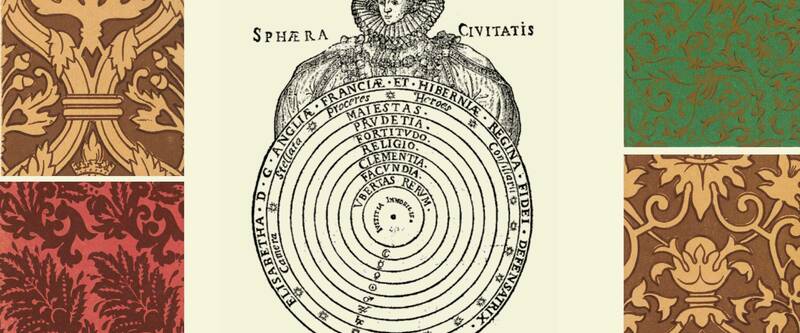This conference will scrutinize political thought and political thinking during the reign of Elizabeth I (1558–1603), an era which has been dubbed 'the Dark Age of English Political Thought.' Through plenary lectures by leading historians and thematically based sessions of papers we hope to arrive at the beginnings of a satisfying synthesis or general overview of the spectrum of political thought available during the Elizabethan period and fill a lacuna in our knowledge of this period. The consequences for reframing our notion of the English political thought tradition are potentially profound.
Read more at history.nd.edu/IEPT.
Scheduled Presentations
Natural Law and the Elizabethan Commonwealth – Spiritual and Civil?
Sarah Mortimer, University of Oxford
Religion or Politics? The Construction of Conceptual Boundaries in Late 16th Century England and Europe
Noah Millstone, University of Birmingham
Archives, Paperwork, and Political Practice in Elizabethan England
Nicholas Popper, College of William & Mary
“Your hard oppressions have undone the state”: Ruling by Law in Thomas of Woodstock
Lucy Clarke, University of Warwick
Practise into Theory: Peter Wentworth’s Speech about Free Speech in Contexts
Peter Lake, Vanderbilt University
States and the State in Elizabethan Thought
R. Malcolm Smuts, University of Massachusetts, Boston
The Bible and Elizabethan Political Thought
Karl Gunther, University of Miami
The Royal Supremacy and the Ancient Constitution
Alexandra Gajda, University of Oxford
Conquest and Elizabethan Political Thought
Rory Rapple, University of Notre Dame
The Common Law and Elizabethan Political Thought
George Garnett, University of Oxford
Closing Roundtable chaired by R. Malcolm Smuts
Notre Dame Sponsors
Institute for Scholarship in the Liberal Arts, Henkels Lecture Fund
Keough-Naughton Institute for Irish Studies
Co-Sponsor
University of Oxford's Centre for Intellectual History
